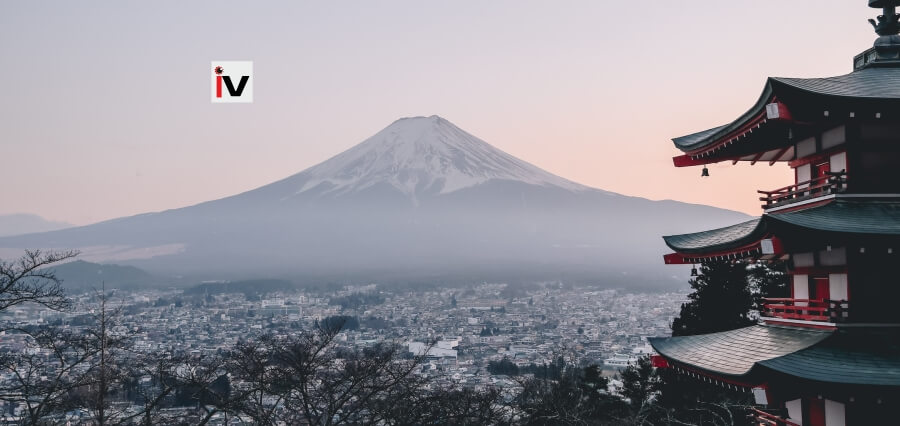Over the past year, foreign investments in Japan’s real estate sector have surged, driven by a weak Japanese yen and the country’s central bank’s ultra-loose monetary policy. The favorable lending terms in Japan, with a loan-to-value ratio of 70% and lending costs of around 1%, have also contributed to the booming real estate market. The Bank of Japan’s unique position of maintaining benchmark interest rates at -0.1% sets it apart from other major central banks, resulting in a weakened yen against the U.S. dollar.
Japan’s real estate sector is experiencing a “golden period” with robust demand, particularly in the retail and multifamily sectors. Multifamily properties with more than one rentable unit have gained popularity. The level of transparency and strong fundamentals in these sectors, coupled with the country’s lending terms, make Japanese real estate attractive to foreign investors.
Real estate deal activity in Japan has been among the strongest globally, with foreign investors nearly doubling their investment from a year ago to $2 billion in the first quarter of the year. According to CBRE, total foreign investments in Japan’s real estate market have risen by 45% in the first half of 2023 compared to the same period last year.
The rebound in Japan’s tourism sector has also driven investments in hotels, with rising occupancies and hospitality investments. The logistics sector, fueled by e-commerce growth, has experienced impressive growth.
Singapore is the largest source of cross-border investments into Japanese commercial real estate in 2023, followed by the U.S. and Canada. Despite uncertainties about potential tightening decisions, experts expect continued capital deployment into Japan’s real estate sector in the coming quarters.
Read More: click here

